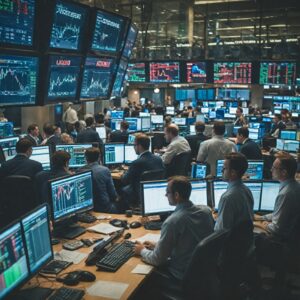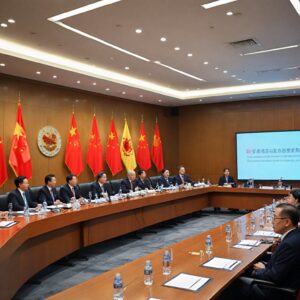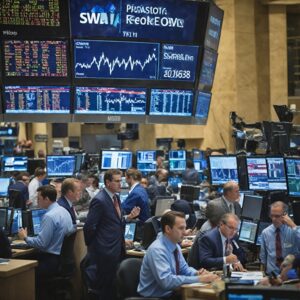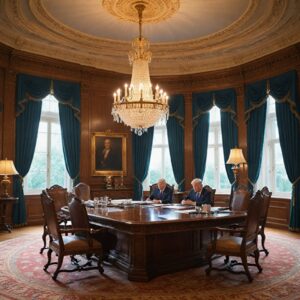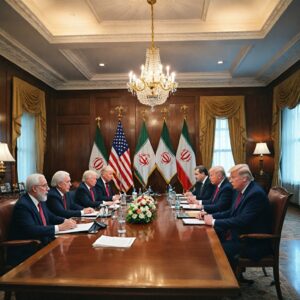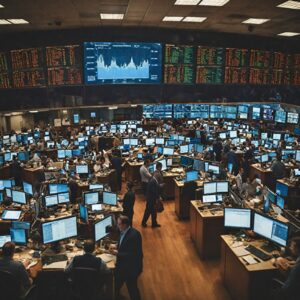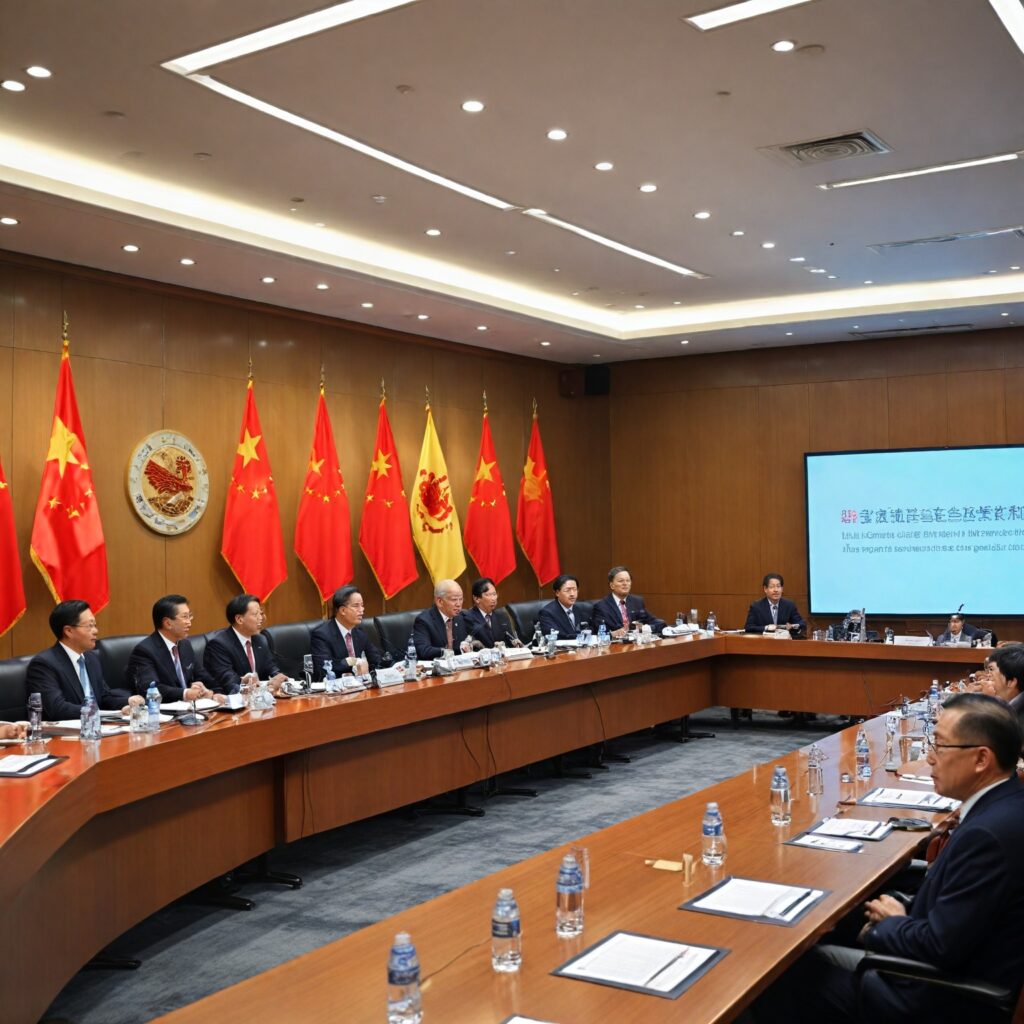
Highlights:
– Chinese Premier Li Qiang emphasizes collaboration on trade at the World Economic Forum conference
– Li stresses the importance of globalization and refraining from turning trade into a political or security issue
– Li’s positive outlook on the Chinese economy and plans to boost consumption are highlighted
Chinese Premier Li Qiang’s Call for Global Trade Collaboration
China’s Premier Li Qiang delivered a significant speech at the World Economic Forum conference in Tianjin, urging countries to work together on trade despite the escalating tariffs and trade barriers. Emphasizing that globalization is irreversible, Li highlighted the need to refrain from politicizing or securitizing trade issues. By calling for adherence to the “right” path in reshaping trade rules and order, Li aimed to steer discussions towards cooperation rather than conflict, signaling a shift towards a more collaborative international economy.
Li’s remarks come at a critical juncture as global trade faces numerous challenges, including ongoing trade tensions between the U.S. and China, as well as geopolitical conflicts like the Israel-Iran issue. His focus on using Eastern wisdom to resolve disputes, as demonstrated by the recent signing of the “Convention on the Establishment of the International Organization for Mediation,” underscores China’s commitment to peaceful conflict resolution and international cooperation.
Positive Outlook on Chinese Economy and Consumption
During the conference, Premier Li also expressed confidence in the organic growth momentum within the Chinese economy. He outlined plans to bolster China’s position as not only a manufacturing giant but also a significant consumer powerhouse. This strategic shift aligns with broader efforts to drive domestic consumption and reduce reliance on exports for economic growth. In light of these developments, experts like Louise Loo from Oxford Economics are optimistic about China’s economic trajectory, noting that despite challenges, the country’s competitiveness in global supply chains will likely support continued economic growth.
The attendance of top political leaders such as Singapore’s Prime Minister Lawrence Wong, Vietnam’s Prime Minister Pham Minh Chinh, and Ecuadorian President Daniel Noboa Azín at the conference highlights the event’s significance on the global stage. With diverse leaders and industry pioneers gathering to discuss key economic issues, the conference serves as a platform for dialogue, collaboration, and policy discussions that could shape the future of global trade and economic relations.
Future Prospects and Global Impact
Premier Li Qiang’s call for international collaboration on trade and his positive outlook on the Chinese economy signal a potential shift towards a more cooperative and inclusive approach to global economic governance. As countries navigate trade disputes and seek to revitalize their economies post-pandemic, Li’s emphasis on cooperation and dialogue offers a path towards sustainable economic growth and stability. The outcomes of discussions at the World Economic Forum conference in Tianjin could have far-reaching implications for trade policies, regional partnerships, and the broader global economy.
Looking ahead, key questions emerge: How will countries respond to China’s call for collaboration on trade issues? What steps can be taken to ensure a more inclusive and transparent global trade environment? And how might efforts to reshape trade rules impact international economic dynamics in the years to come? As stakeholders reflect on Premier Li’s remarks and the discussions at the conference, the path towards a more interconnected and resilient global economy will depend on the willingness of nations to engage in constructive dialogue and cooperation.
Editorial content by Avery Redwood





